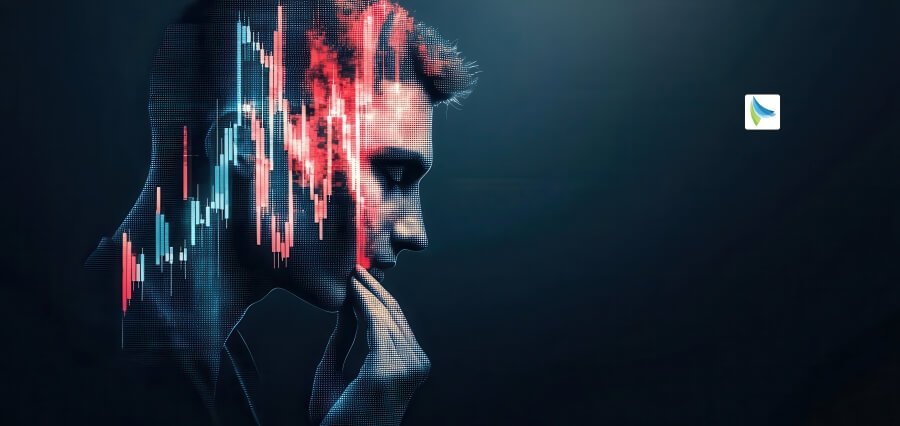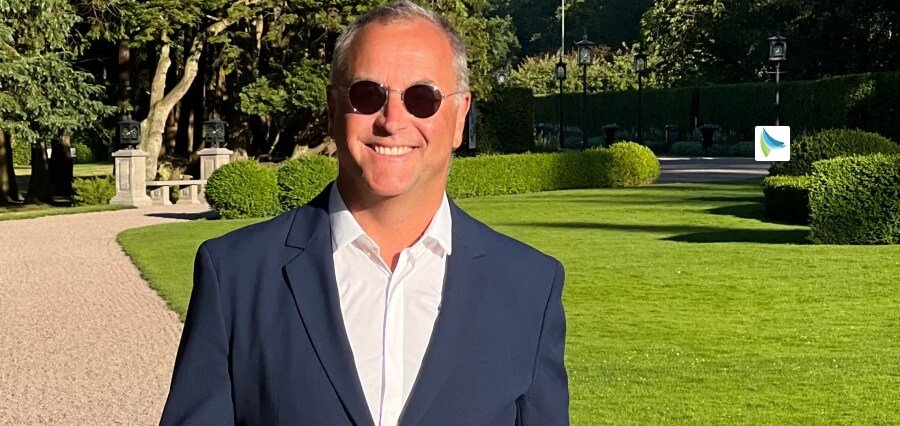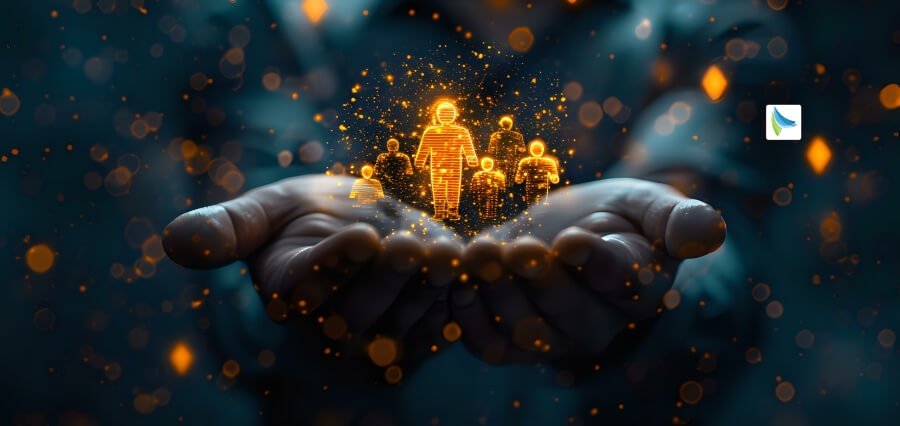If you believe a doctor or hospital in Florida harmed you, you’re probably considering filing a medical malpractice lawsuit. Medical malpractice laws are designed to help those injured by negligent care, but the reality is that filing a lawsuit in Florida can be a long and difficult process. Many people are surprised by the strict rules and tight deadlines that govern these cases. Working with a medical malpractice lawyer in Miami can make the difference between a strong case and a failed one, but it’s crucial to understand what you’re up against before you even begin.
What Does Medical Malpractice Mean?
Medical malpractice happens when a medical provider fails to meet the standard of care expected in their field, causing injury to a patient. This doesn’t mean that every bad outcome or complication qualifies as malpractice. Given the same situation, the key is whether the doctor or hospital acted in a way that another competent provider would not have.
In Florida, the bar for proving malpractice is high. Patients need to demonstrate that their injury resulted directly from the healthcare provider’s negligence. This can include things like misdiagnoses, surgical errors, or improper treatment plans. However, proving this requires clear evidence, and gathering that evidence is often more complex than it might seem.
Key Challenges in Filing a Florida Medical Malpractice Lawsuit
Filing a medical malpractice lawsuit in Florida involves more than just claiming a mistake was made. Several obstacles can make the process challenging, including:
- Statute of Limitations: Florida law sets a time limit for filing a malpractice claim. Typically, you have two years from when you knew or should have known about the injury to file a lawsuit. In no case can you file more than four years after the incident, except in cases of fraud or concealment.
- Pre-suit Requirements: Before filing a lawsuit, you must complete a pre-suit investigation. This involves obtaining an affidavit from a qualified medical expert stating that your case has merit. This step is essential and can be time-consuming.
- Damage Caps: There could be caps on non-economic damages, and proving these damages can be tricky. Economic damages, things like medical bills or lost wages, are easier to calculate but must be fully supported by documentation.
How to Know If You Have a Medical Malpractice Case?
Many people aren’t sure whether they have a valid claim after suffering from poor medical care. Understanding the basic elements of a case can help you decide whether to take action. A strong medical malpractice lawsuit typically includes the following components:
- Doctor-Patient Relationship: You must show that the healthcare provider in question had a professional duty of care toward you. This usually means you were officially their patient.
- Breach of Duty: You need evidence that the provider did not meet the expected standard of care required. This could be an error in treatment, diagnosis, or surgery.
- Injury Caused by Negligence: It’s not enough to show the provider made a mistake—you must prove that the error directly caused your injury. This is often the hardest part to establish.
- Damages: You must have sustained measurable harm, whether physical, financial, or emotional, as a result of the negligence.
Why You Need a Medical Malpractice Attorney?
Medical malpractice cases are notoriously difficult to handle on your own. The process requires navigating Florida’s complex legal system, dealing with insurance companies, and consulting medical experts. A qualified **medical malpractice attorney** brings experience and resources that most people don’t have access to. Here are a few reasons why an attorney can help:
- Expert Witnesses: Gathering expert opinions is crucial to proving your case. A lawyer will know where to find trusted experts in the field and can work with them to build strong evidence on your behalf.
- Negotiating Settlements: Many medical malpractice claims are settled out of court, but getting a fair settlement is no simple task. Insurance companies are motivated to pay as little as possible. An attorney can fight for what you truly deserve.
- Court Representation: If your case goes to trial, you’ll need someone who understands court procedures and can present your case persuasively to a judge and jury.
Taking the Next Step
Filing a medical malpractice lawsuit in Florida is not easy, but if you’ve suffered due to a healthcare provider’s negligence, you deserve justice. Florida’s strict laws and rules make it tough to file a claim successfully without the right help. From understanding the statute of limitations to building a strong case with expert witnesses, a medical malpractice lawyer can ease you through the process and increase your chances of a successful outcome.
If you think a medical provider has harmed you, don’t wait too long to seek legal advice. The sooner you speak with an attorney, the better your chances are of meeting all the requirements and filing your case in time.
For More Details: https://insightssuccess.com/



















